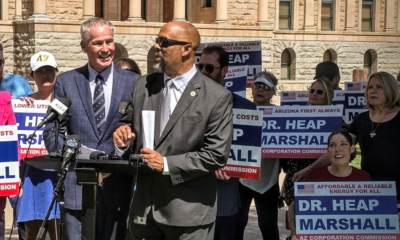cct-tracking
Lights, Camera, Showdown: Eurovision Song Contest’s Spectacular Grand Final Awaits!

WASHINGTON — The Eurovision Song Contest concluded its spectacular two-week run with an energetic grand final in Basel, Switzerland. Despite musical exuberance, the event was overshadowed by controversy regarding Israel’s participation.
Sweden’s trio, KAJ, topped the bookmakers’ favorites, showcasing the country’s sauna culture with their song “Bara Bada Bastu.” Austrian countertenor JJ also garnered attention with his emotionally charged pop-opera track “Wasted Love.” However, the unpredictable nature of Eurovision means other entries from France, the Netherlands, and even Estonia could clinch victory.
The final commenced at 9 p.m. local time (1900 GMT), with 26 acts vying for the coveted microphone-shaped trophy. Performers had a mere three minutes to impress millions of viewers and national juries. Musicians spared no expense in their presentations, deploying smoke machines and elaborate light shows.
Contention arose over Israel’s participant, Yuval Raphael, whose anthem “New Day Will Rise” attracted both fans and pro-Palestinian protests. Demonstrators called for Israel’s exclusion from the contest, citing the ongoing conflict with Hamas in Gaza. Regardless, Israel’s representative managed to secure a substantial fanbase.
The competition featured a vibrant array of musical styles, with contestants hailing from diverse countries. Each act brought unique cultural flavors, ranging from Lithuania’s grunge rock to Ukraine’s progressive sound and the U.K.’s country pop.
Eurovision’s history expert Dean Vuletic noted a shift towards greater linguistic and musical diversity. This year saw entries in 20 different languages, reflecting contemporary themes that resonate deeply with audiences.
However, the ongoing war in Gaza created tensions at the event. Following last year’s protests, both pro-Palestinian and pro-Israel demonstrations took place in Basel. Hundreds rallied for Palestine, while others supported Raphael, aiming to promote unity in music rather than hate.
Eurovision’s organizers attempted to maintain a politically neutral atmosphere by revising conduct codes, urging respect for the values of diversity and inclusivity. Audience members were allowed to wave flags, provided they complied with Swiss laws, though performers were restricted to their national symbols.
With its blend of culture, politics, and music, the Eurovision Song Contest continues to unfold as a significant event in Europe, sparking both celebration and discussion among its diverse audience.
Hilary Fox and Kwiyeon Ha contributed to this report.
Copyright 2025 Associated Press. All rights reserved. This material may not be published, broadcast, rewritten, or redistributed.


















